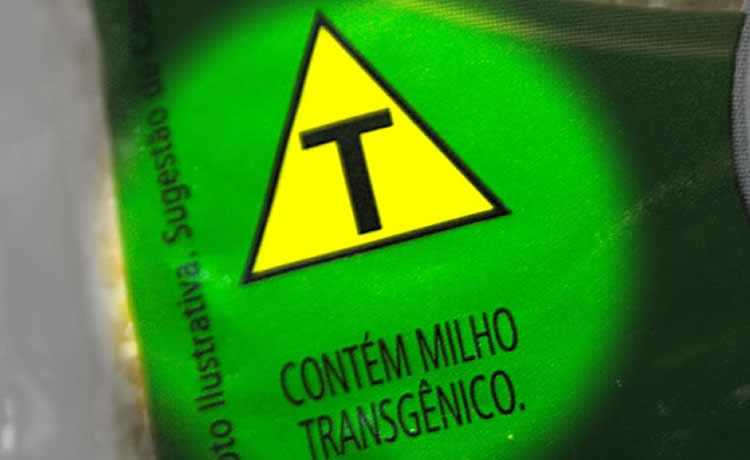Benefits of zucchini and its properties
A number of studies have looked at the health benefits of zucchini. Understand and know your properties

Image: Calabacitas by Leslie Seaton is licensed under CC-BY-2.0
The benefits of zucchini have been mentioned for many years. In Islamic and traditional Iranian medicine, zucchini is mentioned as a food that prevents and treats various diseases. There are several nutritional recommendations and other benefits of zucchini in many hadiths of the holy prophet of Islam and of magnets .
- Italian zucchini recipes
Zucchini is a delicious vegetable belonging to the cucurbitaceae family, as well as watermelon, melon, cucumber and pumpkin, being a fruit that originated in the American continent, more specifically in Peru and the southern United States.
scientific name Cucurbita Pepo L., zucchini is a climbing plant that lives for about a year, has beautiful yellow flowers that attract and serve as food for various pollinators.
All parts of the zucchini fruit are edible and its seeds, which unfortunately are often discarded, provide many health benefits. Its flower is a dish prepared with different types of filling, mainly in Italian culture.
Books and articles have demonstrated the benefits of zucchini in the prevention and treatment of diseases such as diabetes, anemia, skin, brain and parasitic diseases and, although there is no consensus, a study analyzed and gathered several works carried out by important universities around the world that showed the benefits of zucchini (Cucurbita Pepo L.), which we list below:
Benefits of Zucchini
1. Promotes hydration
The component present in zucchini in greater quantity is water, the best drink for hydration. Some people don't consume the amount of water needed daily because they don't like the taste (or lack of it). Therefore, consuming zucchini is one of the alternative sources of water that contribute to better intestinal transit and to the health of the body as a whole. For every 100 grams of zucchini ingested, about 91.6 grams is basically water.
2. Prevents stroke
Drinking half a cup of zucchini a day can help prevent stroke. That's because this amount of zucchini can provide 400 mg of potassium, a necessary and important element for the body and especially for the brain.
3. Prevents and treats diabetes
Studies that analyzed guinea pigs from diabetic rats showed that consumption of zucchini powder significantly decreased levels of indicators of diabetes. Another study showed that zucchini can be effective in preventing diabetes-related complications due to its phytochemicals.
Zucchini can provide protective effects against damage to the liver and pancreas, significantly lower glucose levels and increase insulin levels, which are favorable for the prevention of diabetes.
4. Zucchini seeds prevent anemia and iron deficiency
Some articles point to zucchini as a source of iron, phytoestol, omega 3 and omega 6. According to studies, adding pumpkin seeds to cereals at breakfast can significantly increase serum iron and transferrin levels in the blood, which can help improve iron deficiency and prevent anemia.
5. Pumpkin seed oil contributes to the treatment of prostate hypertrophy
Articles examining the effects of pumpkin seed oil have shown that its biochemical structure can be effective in treating benign prostatic hypertrophy.
6. Contributes to the body's immunity
The effects of several zucchini extracts (methanolic, chloroform and ethyl acetate) on the production of antibodies in rats were analyzed. And it was observed that all zucchini extracts significantly improved rat leg edema and that they may be immune system regulators.
7. Contributes to the treatment of worm infection
Studies have shown that ingesting unpeeled pumpkin seeds was effective in fighting worm infection in the ostrich intestine.
Nutritional composition of zucchini
All parts of zucchini, such as pulp, seeds, flowers, roots and leaves, are usable and advantageous. The main components of zucchini are carotenoids, fatty acid, vitamin E and phytosterols. But the benefits of zucchini don't stop there: it also has vitamin A, C, potassium, fiber and folates.
Zucchini has several minerals, especially selenium, zinc, copper and manganese. In every 100 grams of zucchini there is about 26 kcal, one gram of protein and six grams of carbohydrates.










